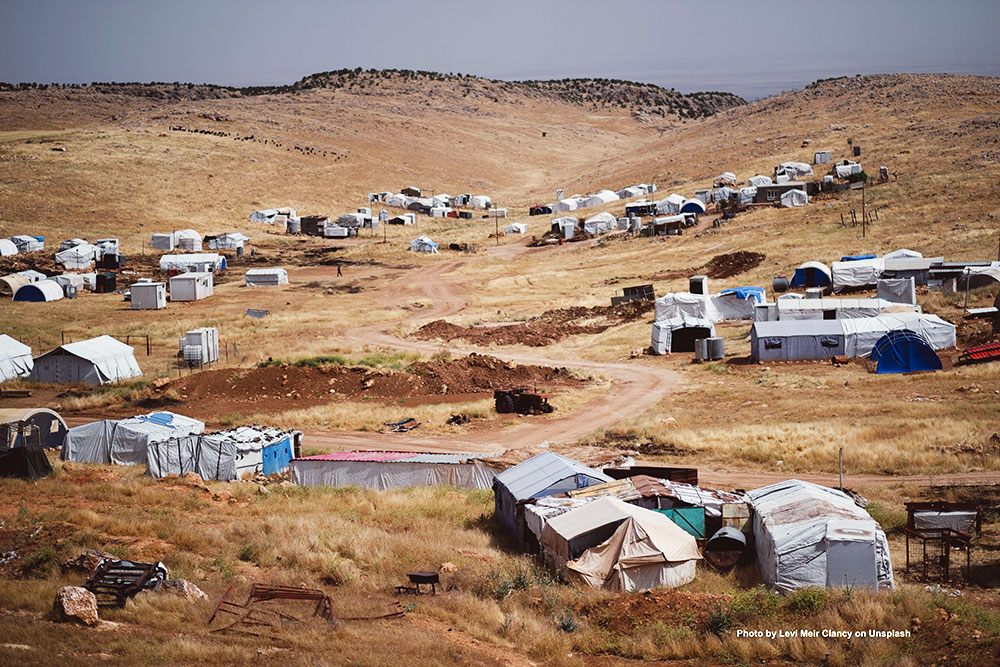July 28, 2021 was the 70-year anniversary of the signing of Refugee Convention, a key international treaty establishing the right of people forced to flee their home countries. Since that date in 1951, millions of lives have been saved through this United Nations compact.

The United Nations Refugee Agency (UNHRC), was established in 1950 by the United Nations in the aftermath of the horrors of the Second World War. The UNHRC statute was published in 1951, setting out the terms of its operations and instructing plenipotentiaries of 26 states to meet in Geneva to finalize the text of the Convention. UNHCR is the guardian of the 1951 Convention, with the mandate to supervise its application and to work with states to protect refugees and find durable solutions. The 1951 Convention and the 1967 Protocol, which broadened the scope of those in need of international protection, define who is a refugee and the kind of protection, assistance, and social rights they are entitled to receive. The principles of the Convention were reaffirmed in December 2018 by the Global Compact on Refugees, an outline for more equitable responsibility-sharing. Both the Convention and the Compact affirm that sustainable solutions to refugee issues cannot be achieved without international cooperation.
The Refugee Convention continues to protect the rights of refugees around the world and is a crucial component of international human rights law, remaining as relevant now as it was when it was drafted and agreed to 70 years ago. Filippo Grandi, the UN High Commissioner for Refugees, says “The language of the Convention is clear as to the rights of refugees and remains applicable in the context of contemporary and unprecedented challenges and emergencies – such as the COVID-19 pandemic.” Mr. Grandi expressed alarm at recent attempts by some countries to disregard the Convention’s principles, including expulsions and pushbacks of refugees and asylum seekers at land and sea borders, and recent proposals to transfer refugees to third-party countries for processing without adequate protection or safeguards. Both the 1951 Refugee Convention and the more recent Global Compact on Refugees call for international cooperation to find a range of solutions for refugees.
